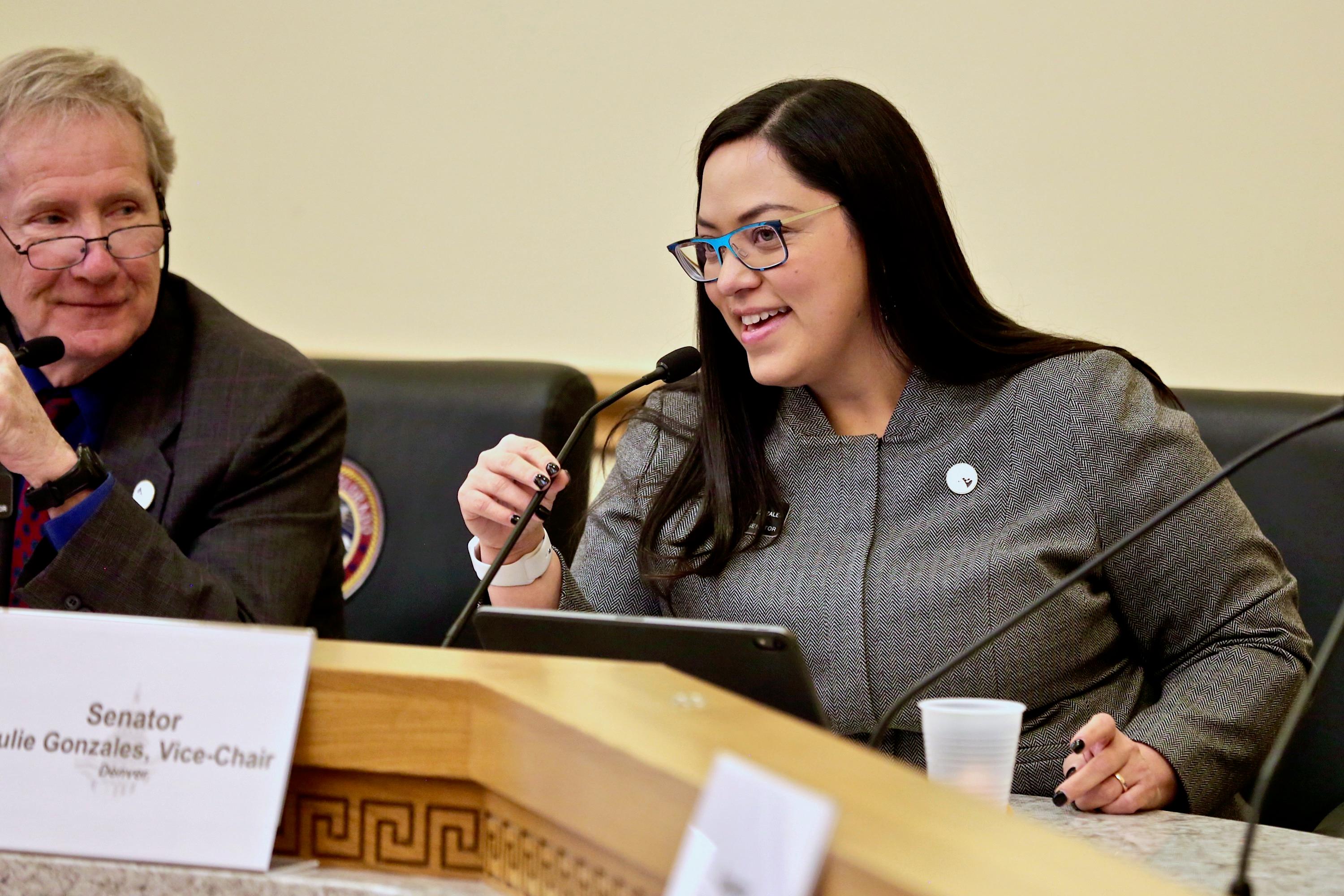
Updated March 10, 9:59 p.m.
After years of debate, the era of capital punishment in Colorado is poised to end any day now with the signature of Gov. Jared Polis.
The Senate has sent over a bill to repeal the death penalty to the governor, meaning it will reach his desk any day. Once the legislature sends a bill over, he has ten days to sign or veto it, or else it becomes law without his signature.
State legislative leaders last month passed a repeal bill in historic votes, but delayed delivering it to the governor for nearly two weeks. They decided to pause the action, according to House Speaker KC Becker, to give the governor more time to consider a weighty question: what to do about the three men currently on death row.
The bill does not apply retroactively, leaving it in the governor's hands whether to commute their sentences to life without parole.
“I think there are a lot of discussions going on about clemency in general. And I have no idea what his plans are," Becker said Monday. “There are a lot of people reaching out to the governor about that right now.”
Late Tuesday night though, a spokesman for the governor told CPR News: “The Governor will sign the bill when it arrives and no decision has been made on any individual case."
As governor, Polis has the broad and sole authority to grant clemency in capital cases.
The topic is especially painful within the halls of the Colorado State Capitol. Two of the state's death row inmates were convicted for the 2005 murders of Javad Marshall-Fields and Vivian Wolfe, the son and future daughter-in-law of Sen. Rhonda Fields.
Fields urged Polis to approach the question thoughtfully. Both are Democrats.
“I really don’t have anything more to add to what’s already been said … I just hope that the governor would be strategic and thoughtful about the decisions he would be making as it relates to victims and the members that sat on those juries,” she said.
Fields said the governor should “do the right thing” by properly notifying victims’ families if he moves to commute any of the sentences. The senator was starkly opposed to the repeal of the death penalty.
Polis has showed support for clemency. He said in 2019 that repealing the death penalty would be “a strong indication that those who are currently on death row should have their sentences commuted to life in prison.”
The governor also has said that it would be difficult from a practical standpoint to carry out the death penalty because the required drugs are not “commercially available to Colorado.” Pharmaceutical companies have pulled back from the sale of lethal drugs, although Oklahoma is preparing to resume lethal injections.
Sen. Julie Gonzales, a co-sponsor, said she understood the governor was talking to a "broad spectrum" of people affected by the death penalty. Dozens of victims' family members have testified for repeal, saying executions won't help their pain.
"Every step of the way, I've been really intentional to give folks time and to listen and to be able to have these conversations. I respect the governor's approach -- but yeah, there are lots of folks who have questions, who just want to know when Colorado, when we actually sign this bill into the law," said Gonzales, a Democrat.
The third man on death row is Nathan Dunlap, who murdered four people in 1993 at a Chuck E. Cheese restaurant in Aurora. Former Gov. John Hickenlooper granted him an indefinite reprieve in 2013, a decision that could be reversed by a future governor.
Editor's Note: This story has been updated to include the current location of the bill and a comment from the Governor's office.








